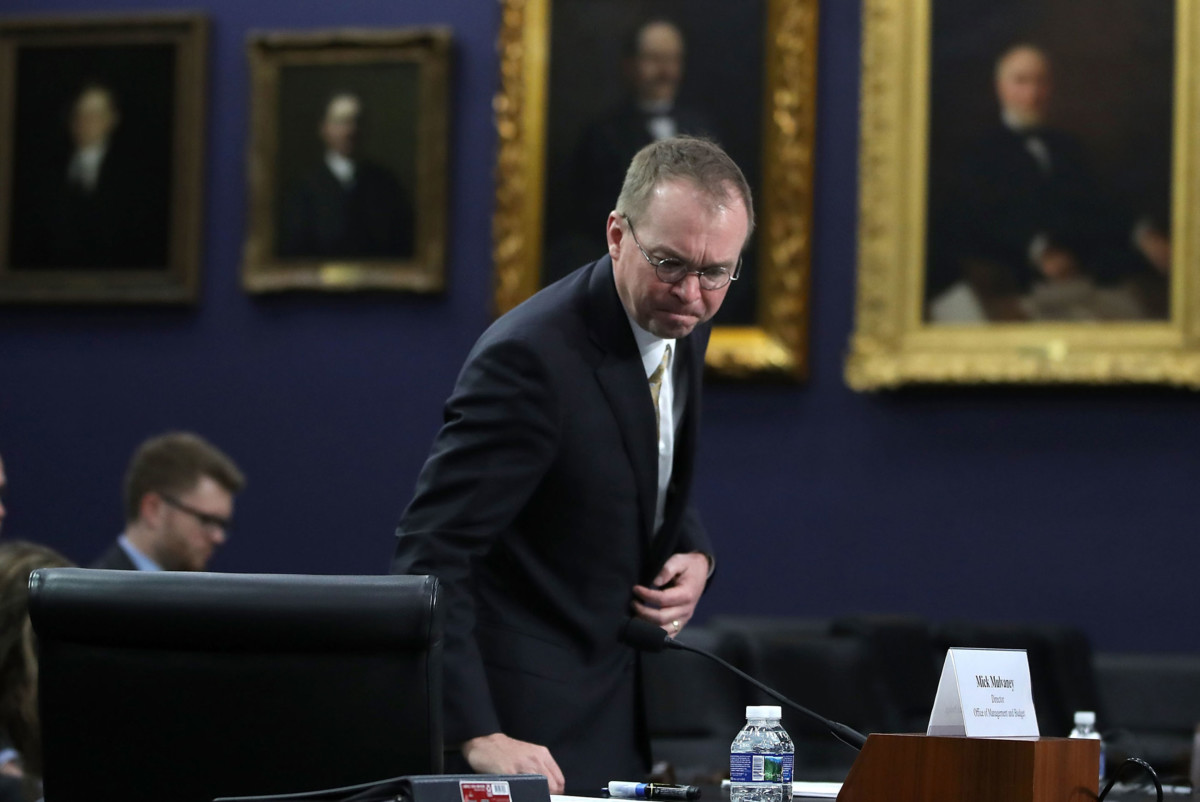In December 2016, the Consumer Financial Protection Bureau produced a study that was useful for the university administrators looking after millions of college students in the United States.
In an annual report to Congress, the agency published an analysis of agreements between credit and debit card issuers and institutes of higher learning—one that included warnings about boilerplate deals enabling banks to ply fees out of students.
“Many general marketing agreements contain features or lack protections that may make them inconsistent with the ‘best financial interests’ of students,” the report warned in boldface text. The agency noted these deals “do not expressly prohibit certain fees,” and stressed that “colleges may negotiate…to include additional key consumer protections.”
Since the Trump administration took power, however—under the leadership of interim CFPB Director Mick Mulvaney—the tenor of the report changed drastically. Last year’s version, published in January 2018, reads more like it was written the night before. The paper has updated quantitative data, little qualitative analysis and no discussion of overdraft charges.
A university that takes a hands-off approach to debit and credit card deals could see its student body incur “hundreds of thousands of dollars in fees per year,” according to the 2016 version of the report.
The Bureau’s approach to reporting on colleges and banks under Mulvaney led a career official to quit earlier this week. Seth Frotman, Student Loan Ombusdman, said the CFPB is currently “shielding bad actors from scrutiny” in a resignation letter obtained Monday by NPR.
“[L]ate last year, when new evidence came to light showing that the nation’s largest banks were ripping off students on campuses across the country by saddling them with legally-dubious account fees, Bureau leadership suppressed the publication of a report by Bureau staff,” Frotman said.
The outgoing official didn’t reveal which banks were allegedly being protected by Mulvaney. According to Bureau data, however, the largest Wall Street players in the market for student cards are Bank of America and US Bank—the second and fifth largest banks in the country by asset size. The latter paid $19.1 million last year to maintain agreements with 81 colleges; the former had 10 agreements in effect worth $2.1 million.
Bank of America donated more than $20,000 to Mulvaney’s campaigns while he served as a Congressman, representing South Carolina’s Fifth District. US Bank gave $5,000 to Mulvaney throughout his legislative career. While the size of these gifts wouldn’t cause most in Washington to bat an eyelash, earlier this year, Mulvaney openly admitted to favoritism for political donors while serving on Capitol Hill.
“We had a hierarchy in my office, in Congress,” he told banking lobbyists in April. “If you were a lobbyist who never gave us money, I didn’t talk to you. If you were a lobbyist who gave us money, I might talk to you.”
We have 10 days to raise $50,000 — we’re counting on your support!
For those who care about justice, liberation and even the very survival of our species, we must remember our power to take action.
We won’t pretend it’s the only thing you can or should do, but one small step is to pitch in to support Truthout — as one of the last remaining truly independent, nonprofit, reader-funded news platforms, your gift will help keep the facts flowing freely.
